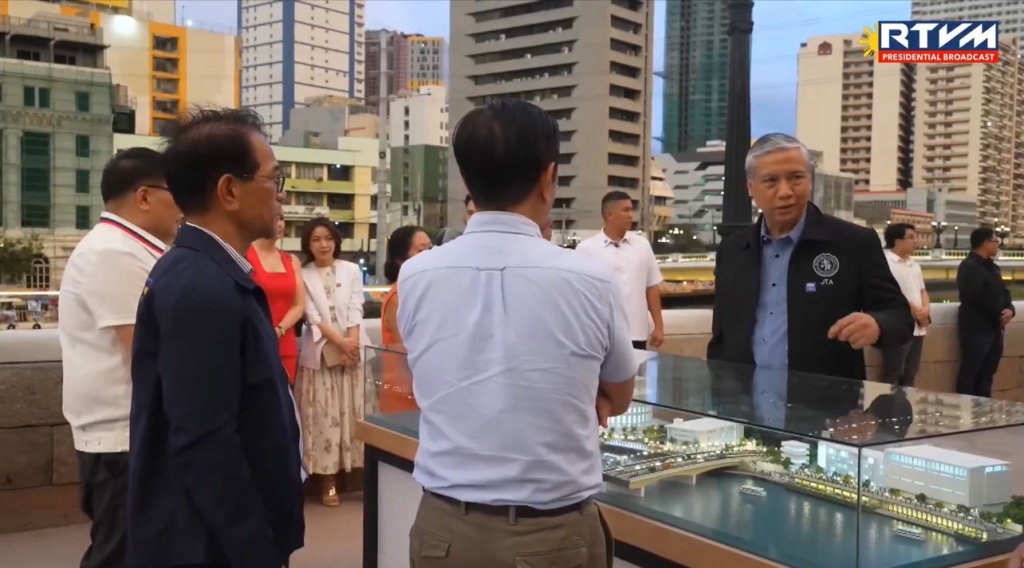By Louis ‘Barok‘ C. Biraogo
The Philippines recently witnessed a dramatic encounter as police forces executed a high-profile raid on properties owned by Pastor Apollo Quiboloy, who stands accused of human trafficking and child abuse. The operation has sparked a national debate, with former President Rodrigo Duterte labeling it as “overkill,” while the Philippine National Police (PNP) staunchly defends their actions as being in line with standard operating procedures.
Assessing the situation objectively, it’s crucial to scrutinize whether the PNP adhered to the law and what the advantages and disadvantages of their approach were. The PNP, led by Interior Secretary Benhur Abalos, deployed hundreds of officers from various units, including the Special Action Force and the Criminal Investigation and Detection Group. They raided Quiboloy’s Kingdom of Jesus Christ compound, the 25-hectare Glory Mountain, and the adjacent 50-hectare Prayer Mountain. Given Quiboloy’s substantial following, the police’s primary concern was preventing violence, which justified the substantial force.
According to the PNP, their operations were coordinated with local officials to ensure a peaceful and orderly execution. This is in line with provisions in the Philippine National Police Operational Procedures Manual, which stipulates that operations should prioritize the safety of all parties and minimize community disruption. Deploying a large police force can be seen as a precaution to maintain order and prevent potential clashes, a prudent step given the high-profile nature of Quiboloy and the fervor of his followers.
However, the sheer scale of the operation raises questions. Critics argue that the deployment of hundreds of officers might have been excessive, possibly exacerbating tensions. There is a delicate balance between ensuring security and perceived intimidation. The decision not to file criminal complaints against Quiboloy’s supporters, who resisted using water cannons, shows restraint, but the initial confrontation suggests that the situation could have been handled with less force.
The benefits of such a procedure include a reduced risk of violent outbreaks and a show of strength that may deter further resistance. Historical instances, like the 2013 Zamboanga City crisis, where insufficient initial response led to significant escalation, highlight the potential benefits of a robust initial approach. Conversely, the drawbacks include the potential for escalating tensions and the perception of heavy-handedness, which can erode public trust in law enforcement. The infamous 2015 Mamasapano clash, where operational missteps led to the loss of 44 police officers, underscores the high stakes and the need for meticulous planning and proportionality.
To avoid further untoward incidents, it is imperative for Quiboloy and his associates to surrender voluntarily. Evading arrest only heightens tension and complicates the legal process, potentially putting more lives at risk. Surrendering would demonstrate a respect for the rule of law and a willingness to address the charges head-on, fostering a more orderly resolution.
Unity among Filipinos is crucial during these turbulent times. The nation must stand together, upholding justice while maintaining peace and order. Public officials, law enforcement, and citizens alike must collaborate to ensure that legal processes are respected and that operations are conducted transparently and fairly.
Recommendations moving forward include enhancing dialogue between law enforcement and community leaders to preemptively address potential flashpoints. Additionally, the PNP should review their protocols to ensure a balance between necessary force and restraint, particularly in high-profile cases. Transparency in these operations can help rebuild public trust and ensure that justice is served without unnecessary conflict.
In conclusion, while the PNP’s approach in the Quiboloy case was within legal bounds and aimed at maintaining order, the scale of the operation has prompted a necessary debate on proportionality in law enforcement. The call for Quiboloy’s surrender is not just a legal formality but a step towards de-escalation and justice. As the Philippines navigates this complex issue, the unity and cooperation of all Filipinos remain paramount in upholding the integrity of the nation’s legal and social fabric.

- Pagtataguyod ng Healthcare: Si Vargas, Herbosa, at ang Bagong Masterplan

- A New Dawn for Justice: Supreme Court’s Bold Move Against Judicial Corruption

- A Political Tug-of-War: The Battle for Opposition Leadership in the Philippines

- PNP Chief’s Directive Against Illegal POGOs: An Analysis

- Axes and Ambiguity: China’s Dangerous Tactic in Territorial Disputes









Leave a comment